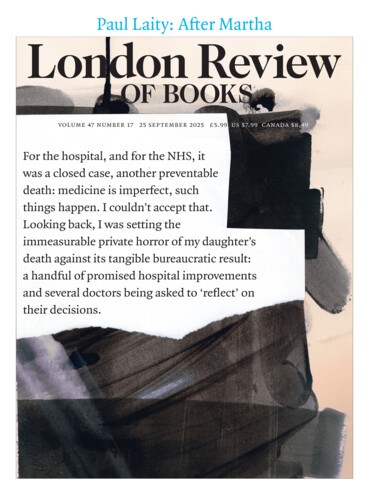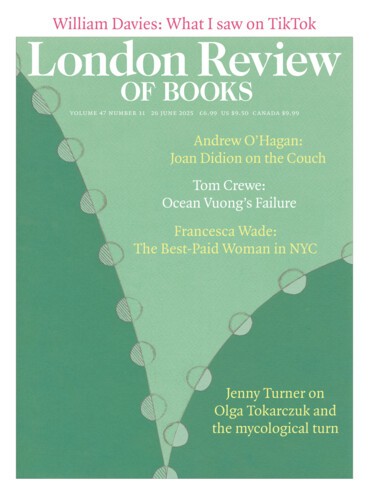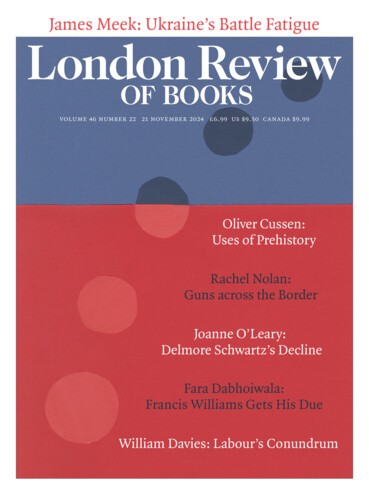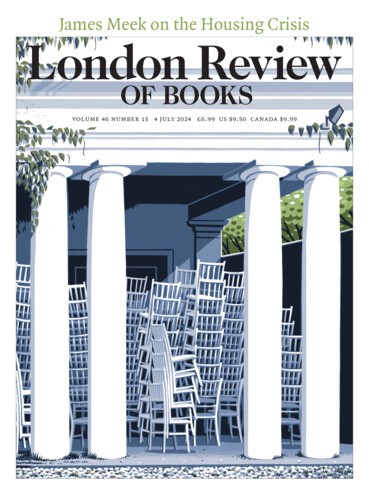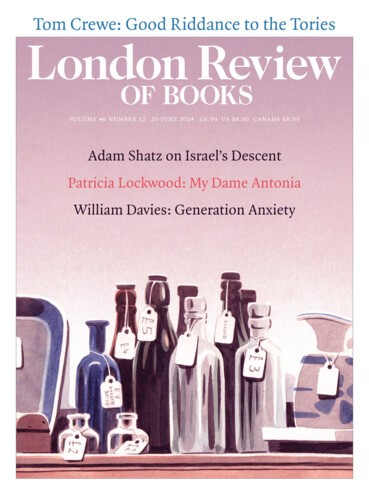Repeal the 20th Century: Pre-MAGA
William Davies, 25 September 2025
The sociologist Monika Krause, in her book Model Cases (2021), shows that social scientists have tended to base their concepts and theories on a surprisingly limited range of shared empirical instances. Images of the modern metropolis, for example, have been excessively shaped by studies of Chicago and Berlin. Political theories of populism have been heavily indebted to cases in Latin...
